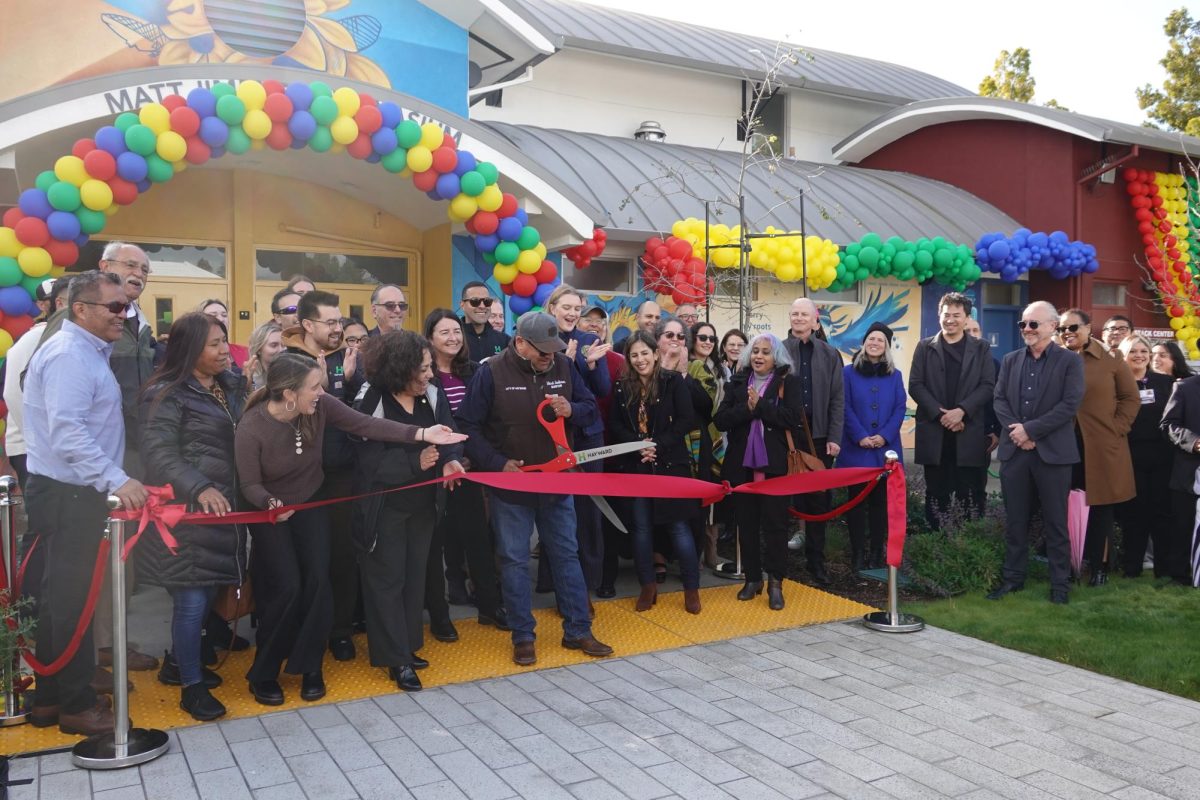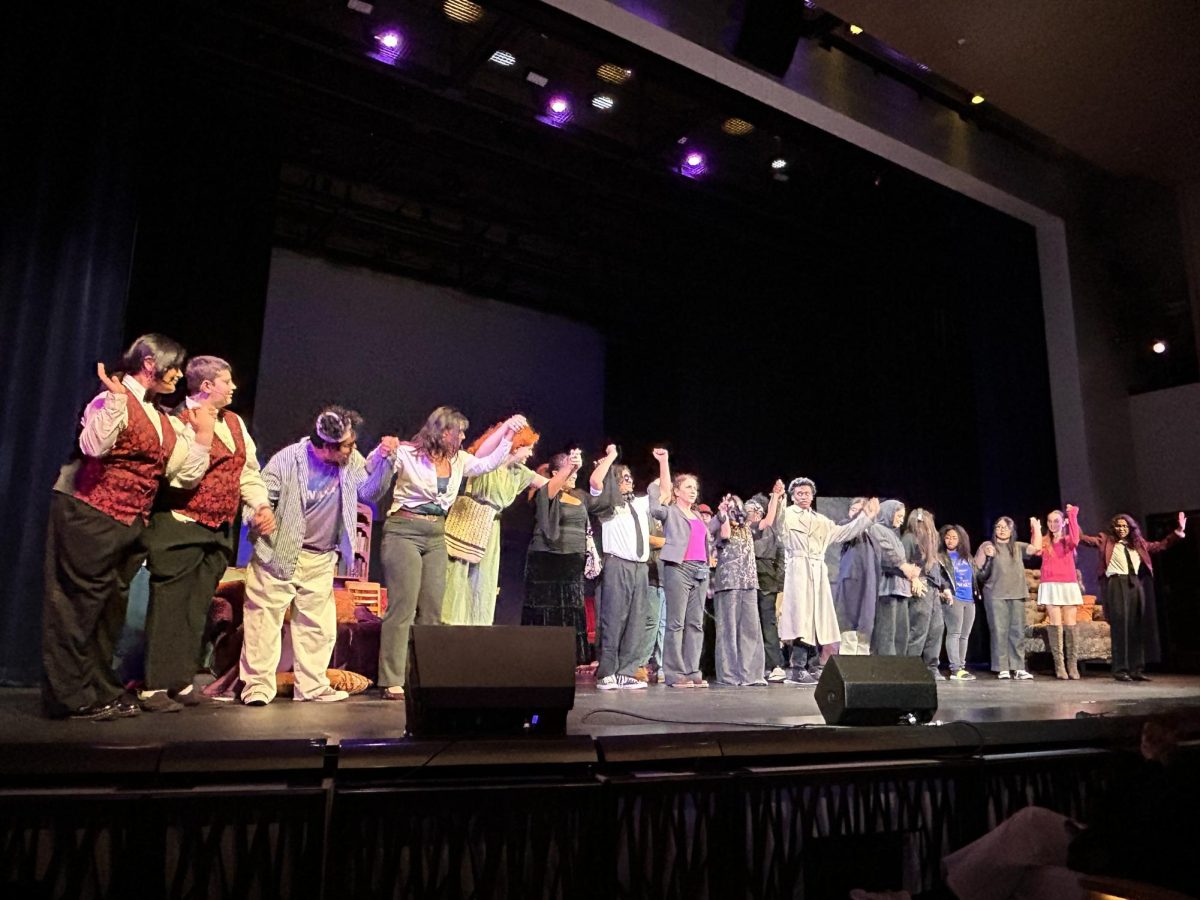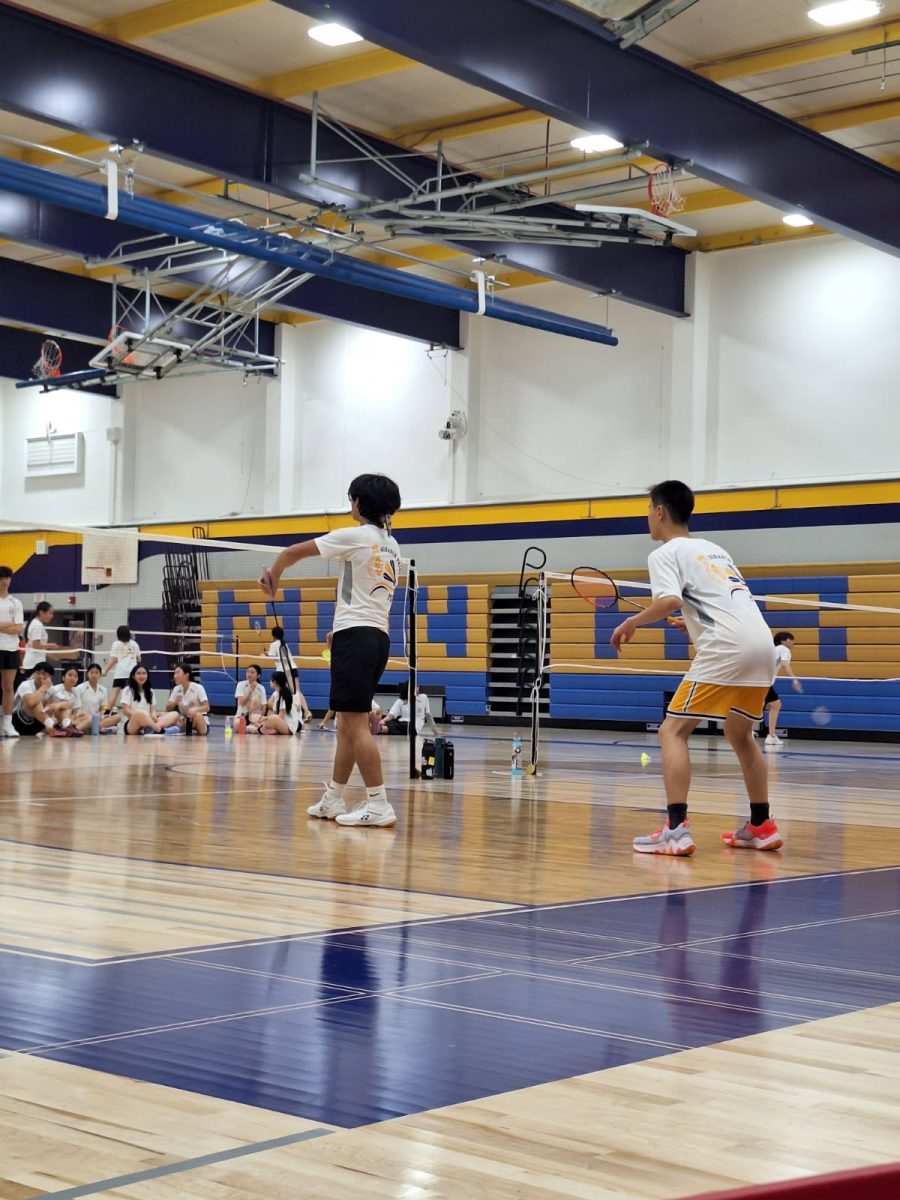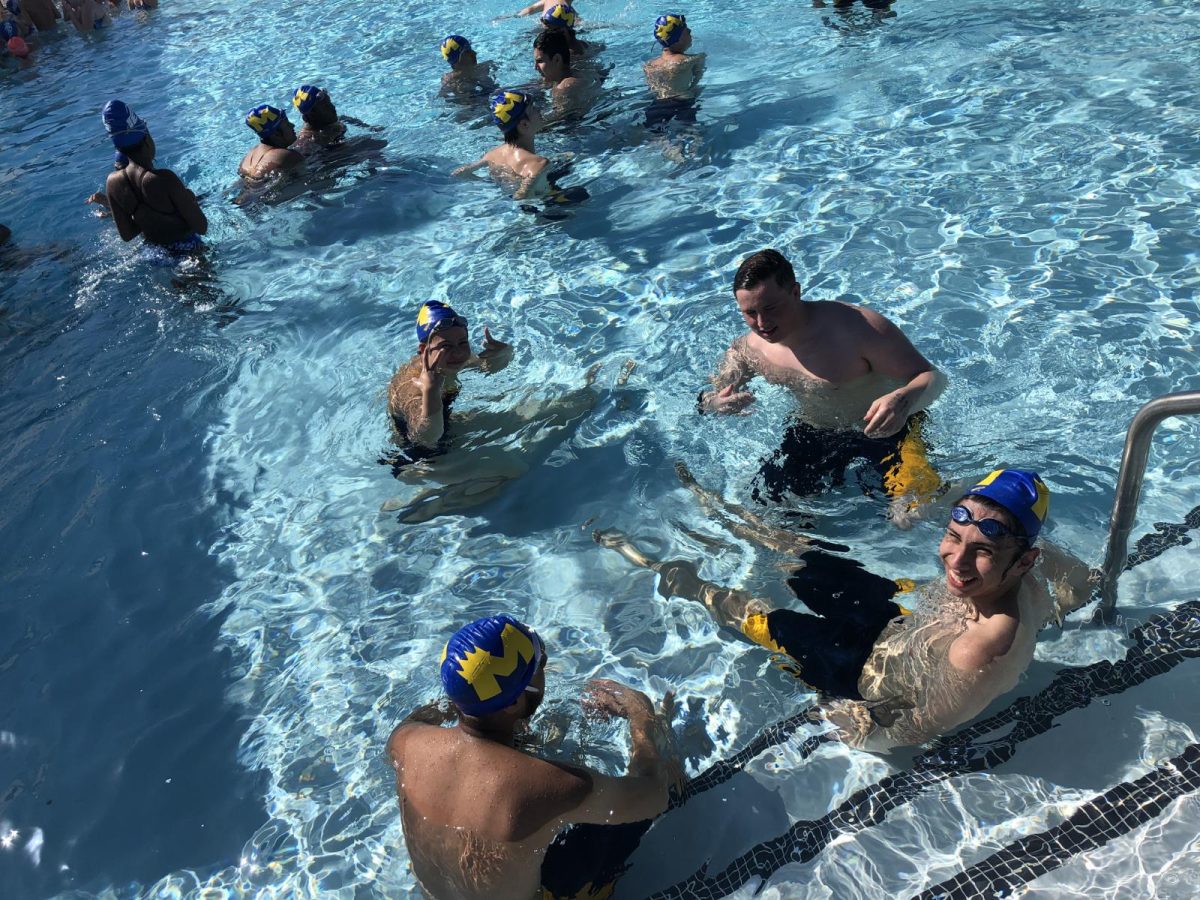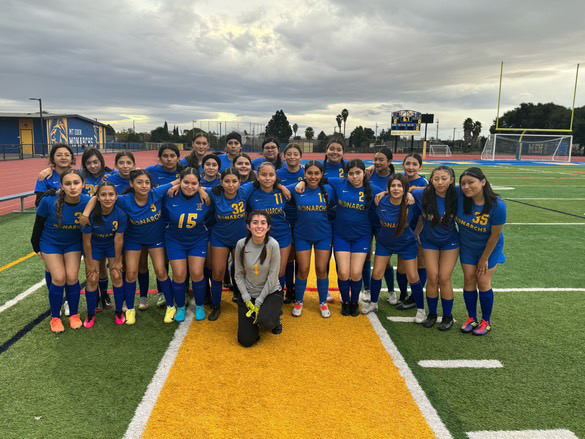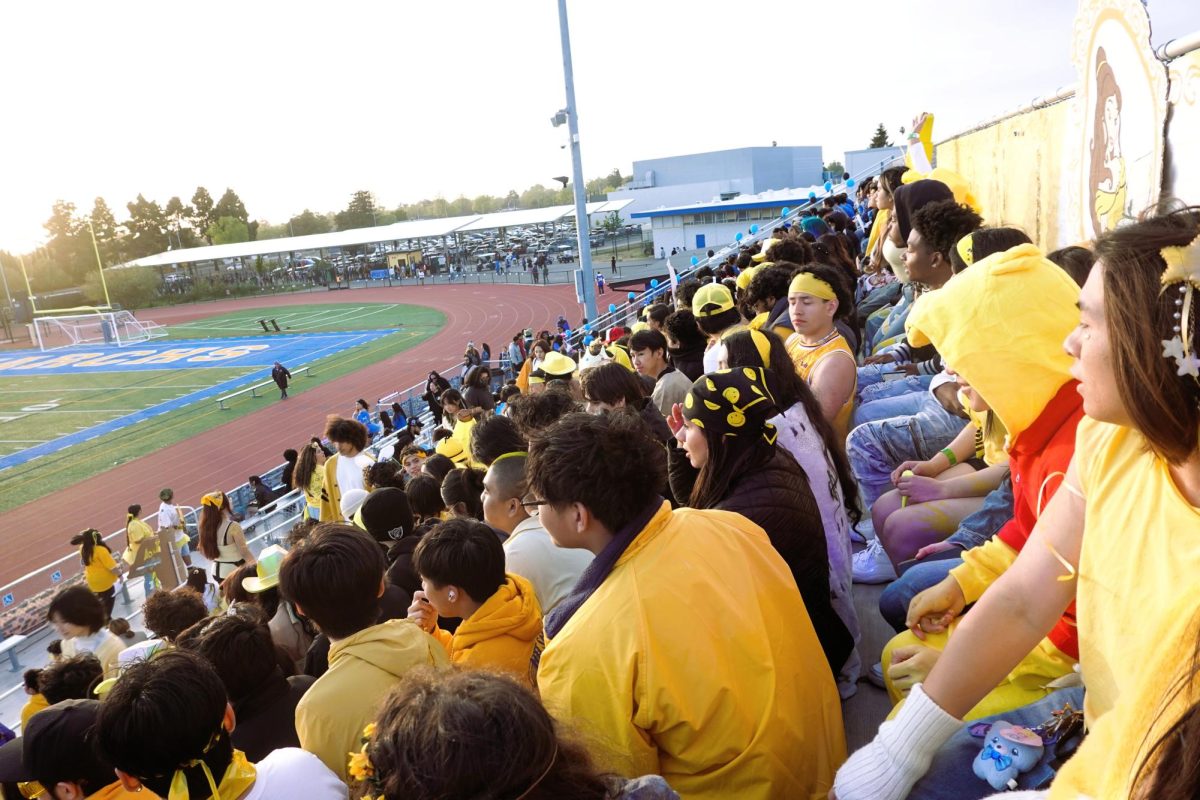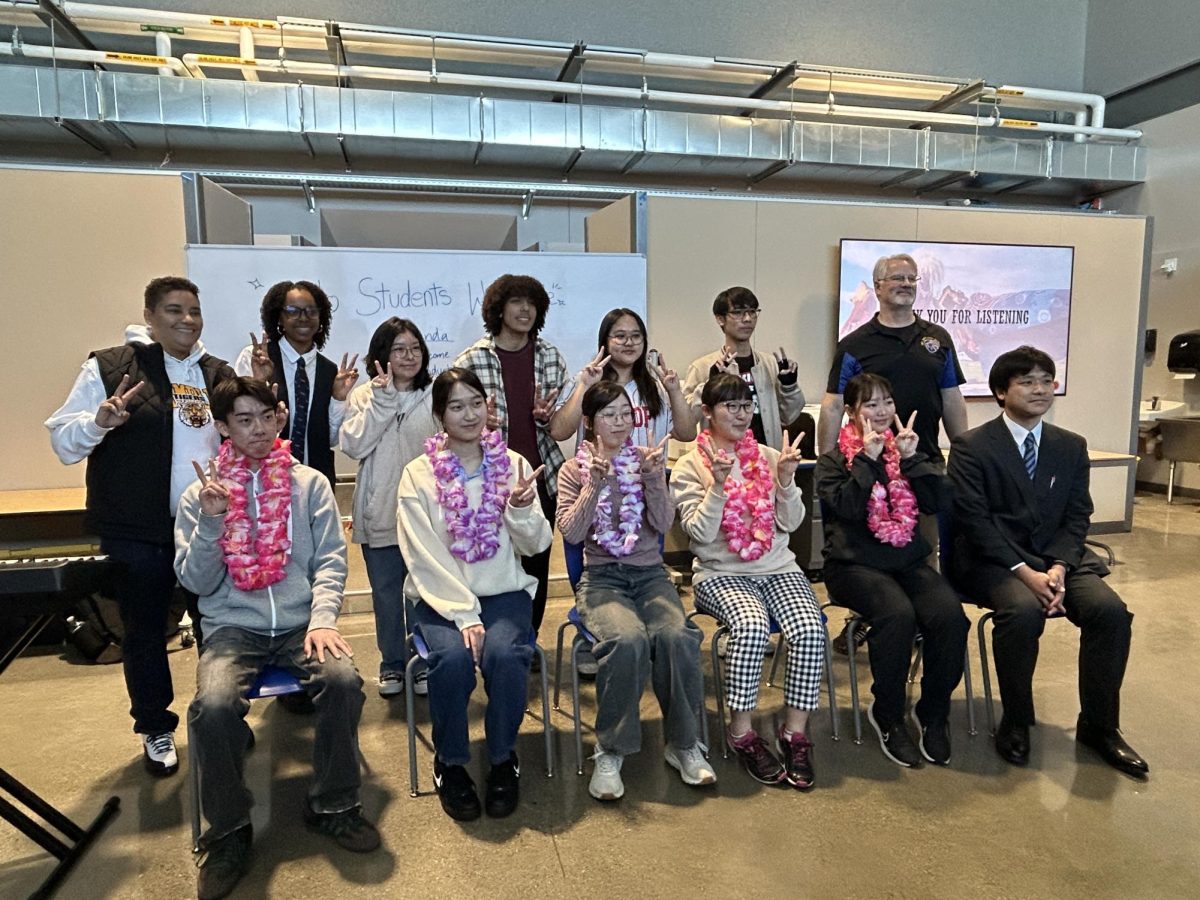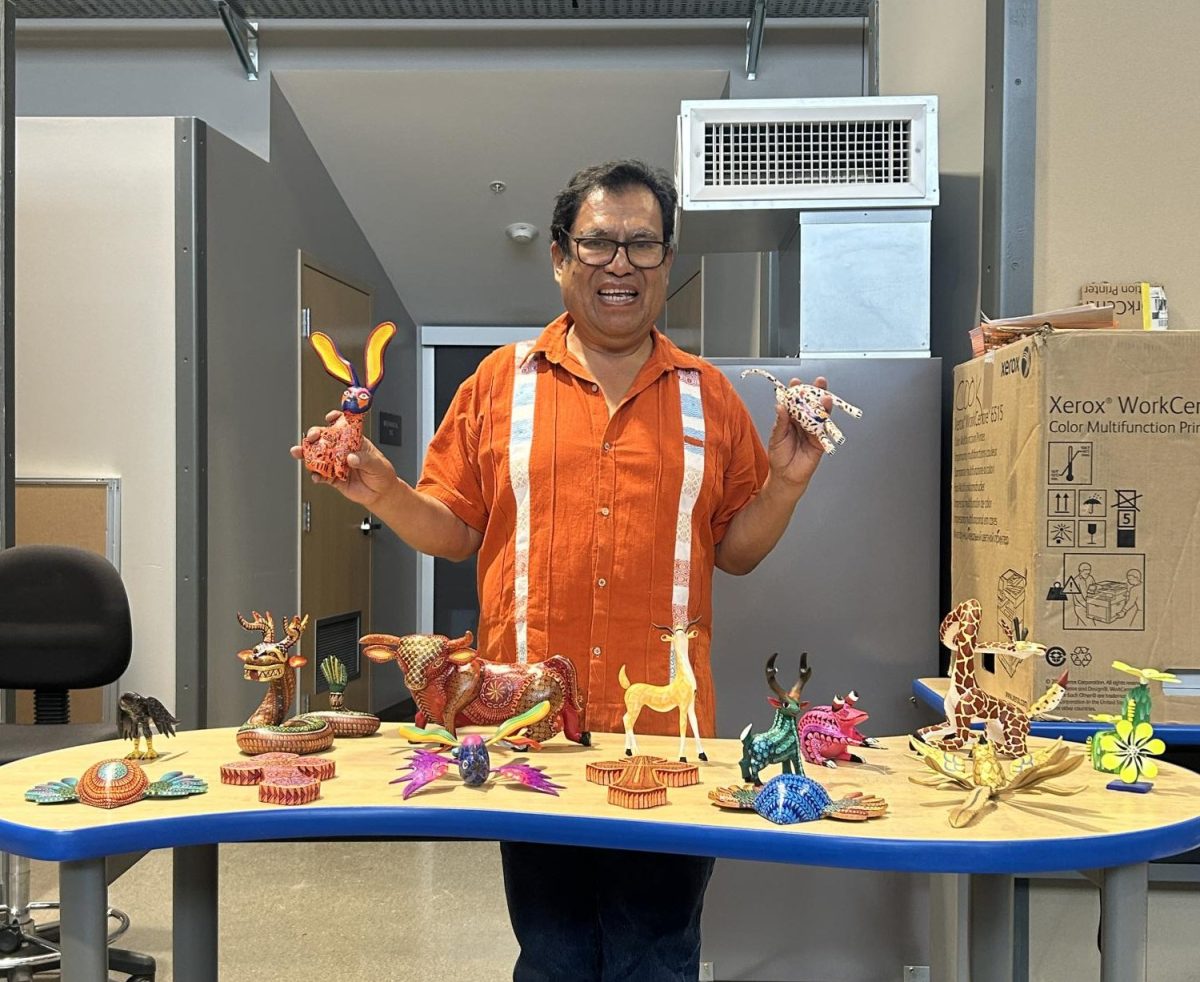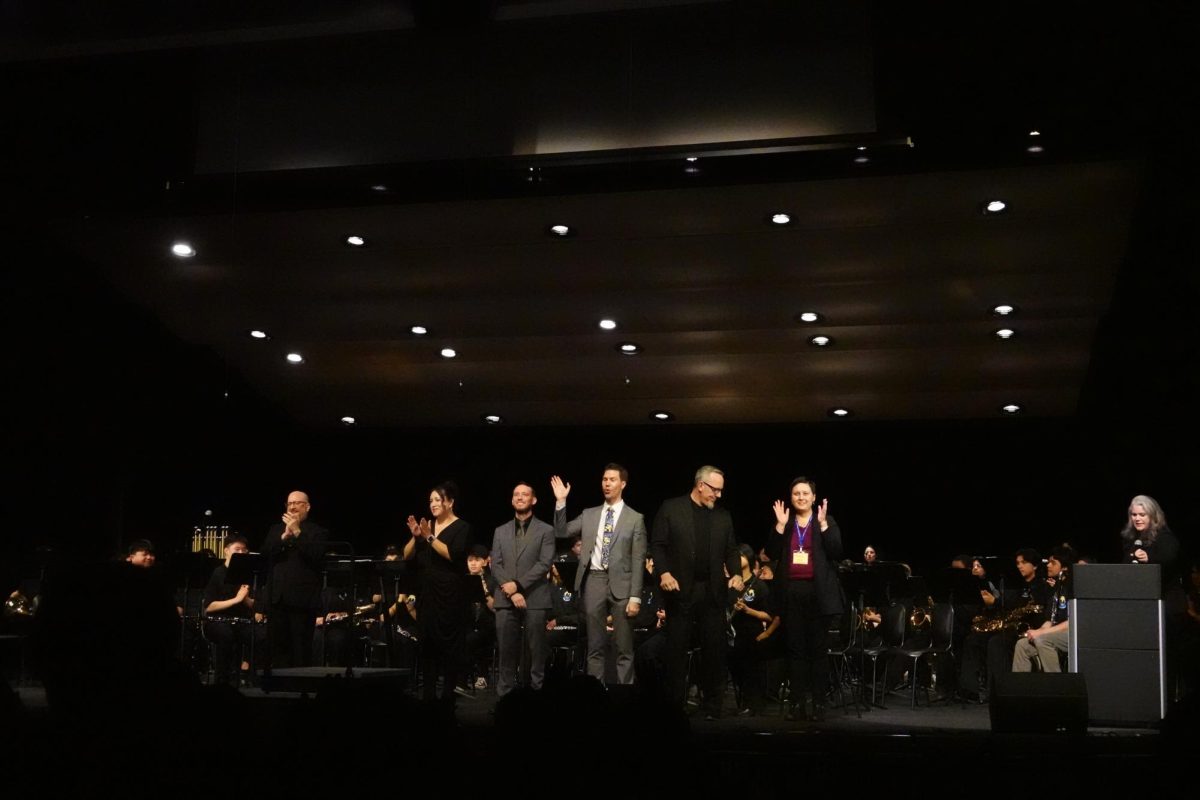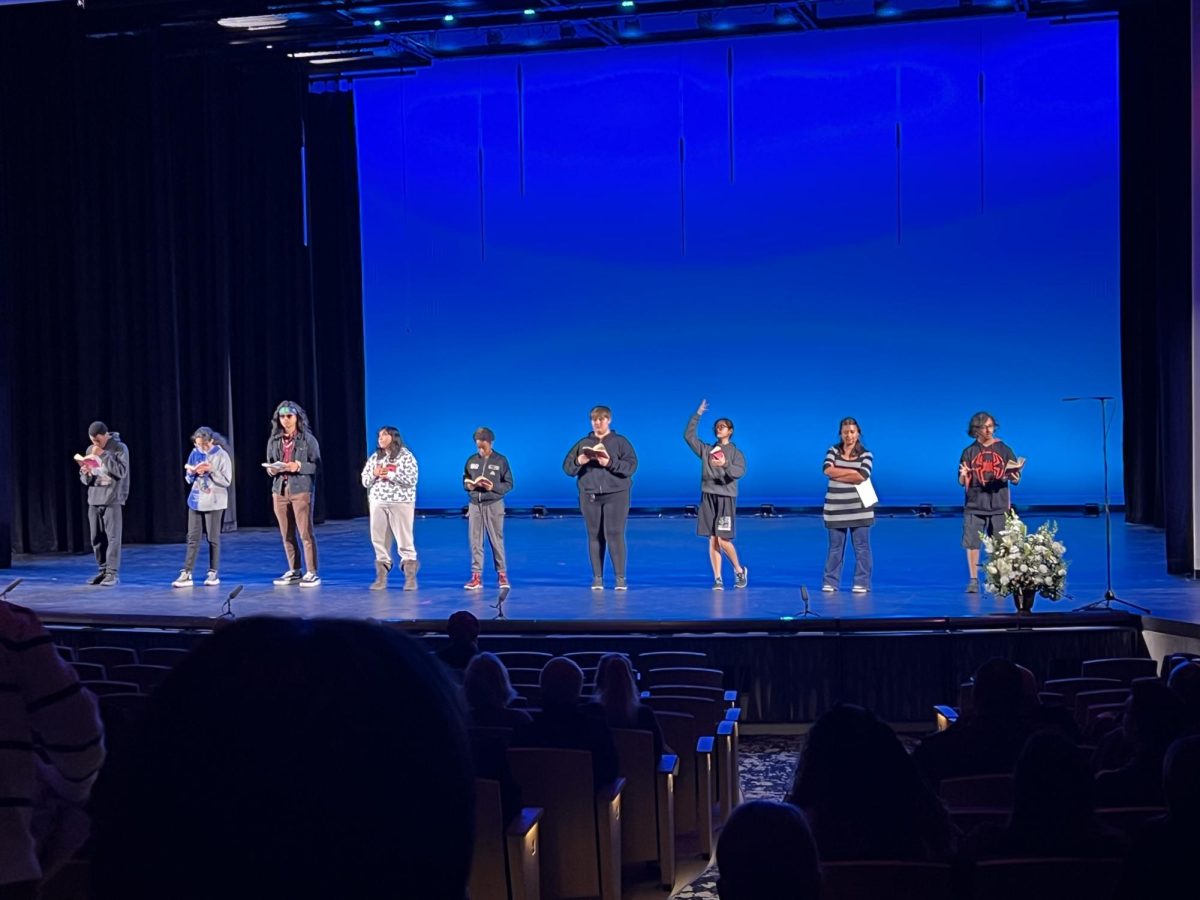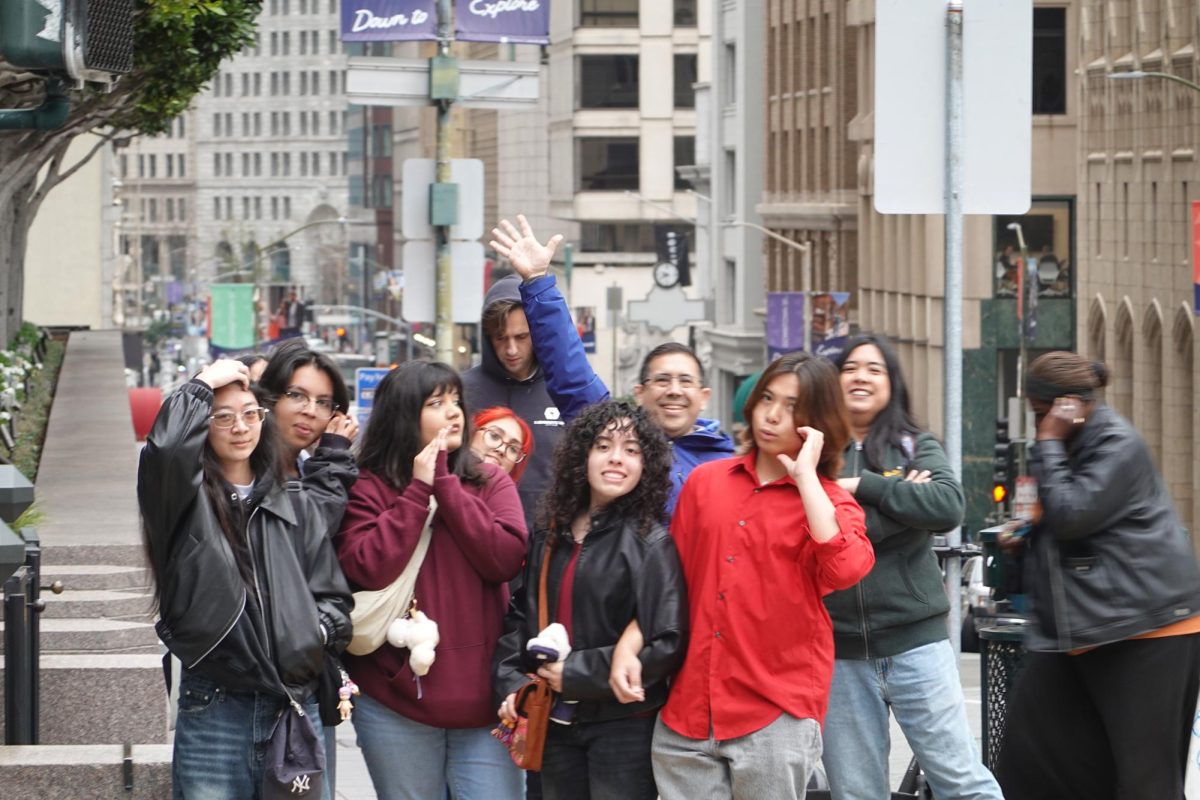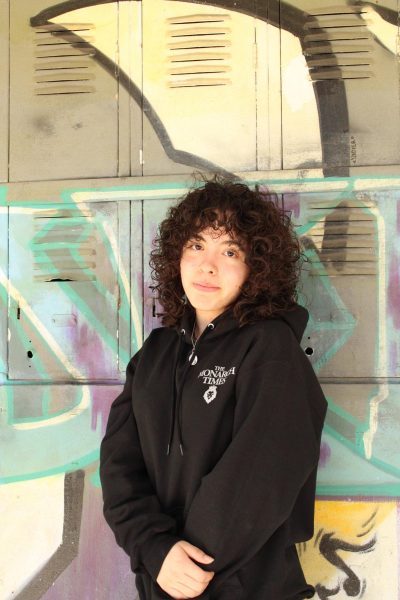English and theater teacher Tracy Phillips has been working in education since her twenties, although her journey at Mt. Eden began in 2005. Phillips’ theater course teaches several core topics, which include story, staging, character and collaboration.
One focus area includes story, which is regarded as the basis of theater, dating back to performances that took place as soon as humans could speak. Story is constantly present within theater and other art programs as a basis for creation. For example, Phillips introduces tableaux—a group of models or motionless figures representing a scene—to the class, as an easy and interactive way to learn the importance of a story. There is always at least one story behind any work of art, theater is no exception.
Additionally, staging is also a key point to the theater program. Staging is essentially the creation of a space to give context to the audience of when and where the performance is taking place. Staging acts as a visual exposition, setting the time and place without having to directly tell the audience. The activities within creating your own staging challenges students’ critical thinking to not only convey their story with accurate setting, but to also reach the audience with the purpose of their story. Phillips encourages students to remember that “there’s a purpose to everything in this [theater].”
Character and voice training is extremely important to the enjoyment and smoothness of performances as students will learn how to articulate and project their voice. Daily vocal exercises, practice with monologues, and other instances of presenting will not only improve students’ acting skills, but also their public speaking. Phillips expresses how monologues can “sometimes [be] funny and sometimes they punch you in the gut.”
Building character establishes status, relationships, and stakes when performing. Students learn different ways to express, build, and connect characters. For instance, students are taught how to “build off of the energy from the other person […] this requires actors to really tap into their scene partner.”
Finally, theater is not theater without teamwork. “They have to work with other people,” Phillips emphasizes. The first couple weeks of class focus on community building within the classroom, allowing students to make connections with other students. This also welcomes a safe space for students to express themselves in an appropriate manner. Phillips has seen several students who are uncooperative, shy, have high anxiety, or lack social skills, but they emerge from these limitations and become talented actors and stellarly interactive.
Here at Mt. Eden, the theater program flourishes as a place of creativity and talent for students with a passion for the performing arts through story building, staging, character and voice training, and safe surroundings. Phillips has successfully created an environment where students are encouraged to explore the depths of their creativity, refine their acting skills, and understand the intricacies of theater production.

